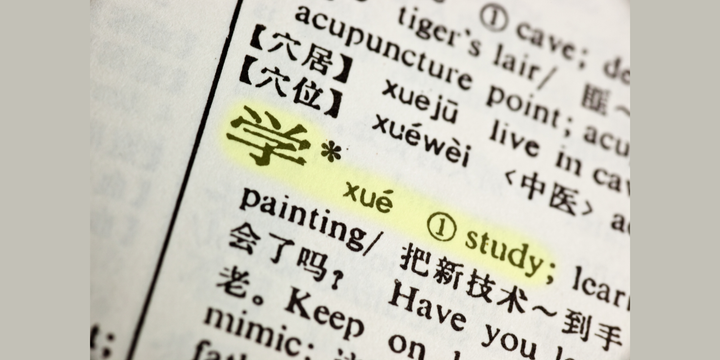Global Citizenship Education: progressing together in the Asia-Pacific
Heard about Global Citizenship Education but not sure what it's all about? Libby Giles, our Education Director, writes about the impetus and hopes driving the movement and what’s next for the growing GCED community.
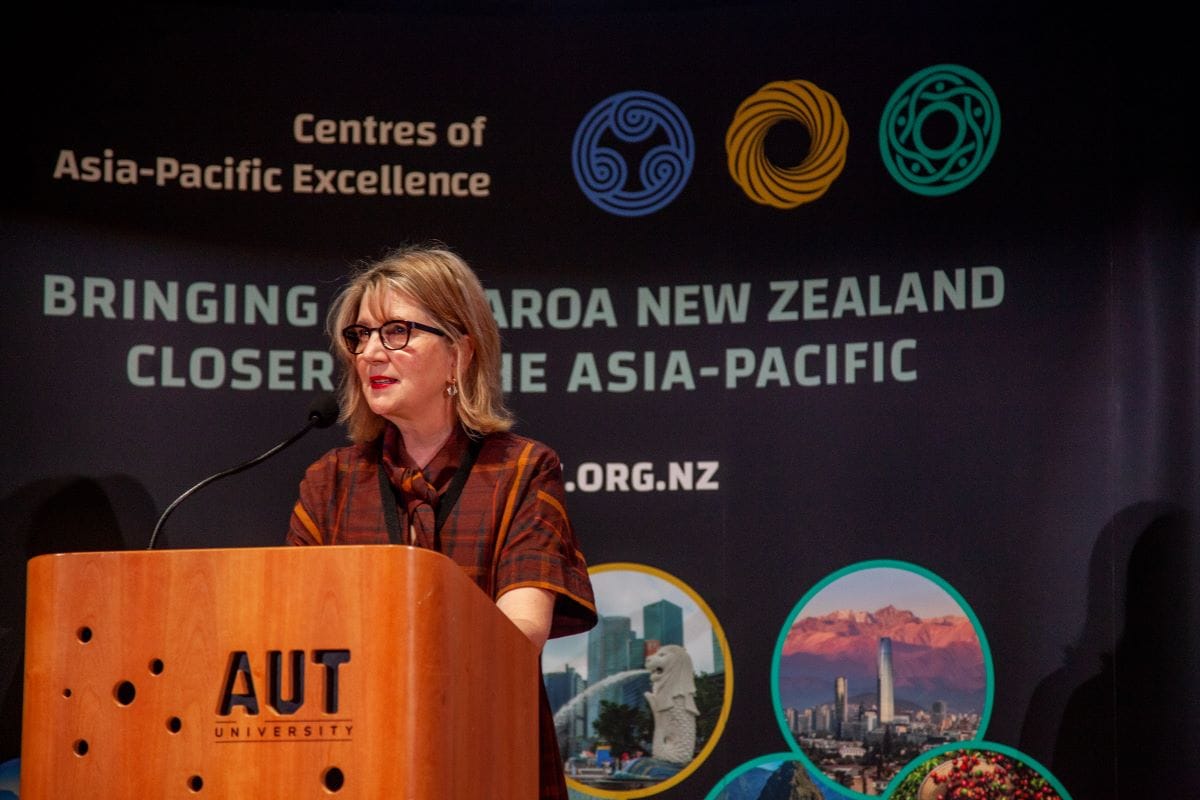
Deciding education priorities and equipping new generations for a complex and challenging future can feel like a daunting task. Momentum is growing for a new response: Global Citizenship Education, or GCED.
Internationally, educators are developing the concept of GCED to forge a new way to prepare young people for a hyper-connected world full of change and challenges.
At the heart of these efforts is a desire to give students a sense of responsibility, intercultural understanding, and critical thinking skills. These attributes will help them to engage with global challenges and opportunities. In other words, help them to create and succeed in a more just and sustainable world.
While grounded in universal principles, GCED fosters and celebrates identity and diversity. It gives us ways to become global without becoming the same—the worry of many when it comes to globalisation. It focuses on common humanity while celebrating what makes us different.
Similarly, while GCED is developed internationally, we can adapt it locally, right down to the individuality of our schools and classrooms. In New Zealand, this local development has been led by the Centres of Asia-Pacific Excellence (CAPEs) Education team at the University of Waikato, along with schools and other educators. Now we are about to hand over the baton to a growing and exciting community.
A pathway into the Asia-Pacific
The CAPEs were established to boost New Zealand’s engagement with the Asia-Pacific, especially through unlocking academic expertise. Early on, we identified GCED as a powerful tool to help new generations engage authentically with the region.
Why is GCED an especially powerful enabler for engaging the Asia-Pacific? Describing the region in terms of economics and demographics tells a story of immense opportunity. But think of the cultural diversity, the economic dynamism, and the geopolitical dynamics. There is a lot to navigate. This is also a region where globalisation mixes with deep socio-economic disparities and complex geopolitical tensions.
GCED can help us pursue the opportunities with a mastery of these challenges, whether they involve the environment, security, social equality or other issues. By equipping individuals with the knowledge, skills, and values to navigate a diverse and rapidly changing landscape, GCED will help them build more inclusive, resilient, and productive societies in the Asia-Pacific region and beyond.
GCED in Aotearoa New Zealand - tuakiritanga (identity), hononga (connections), and kaitiakitanga (responsibility)
What does GCED look like in our corner of the Asia-Pacific? It starts with a framework developed by academics and builds from there to implementation through cooperation with schools and communities.
Growing Global Citizens Education in Aotearoa, the framework developed by the CAPEs Education team, is grounded in three big ideas: tuakiritanga (identity), hononga (connections), and kaitiakitanga (responsibility).
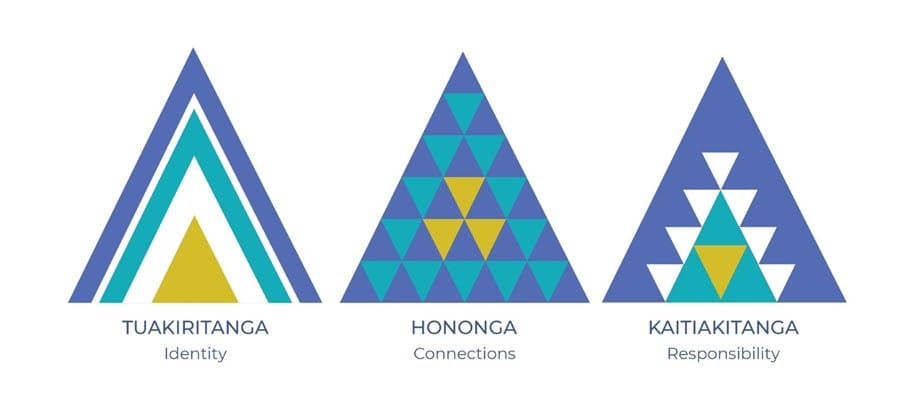
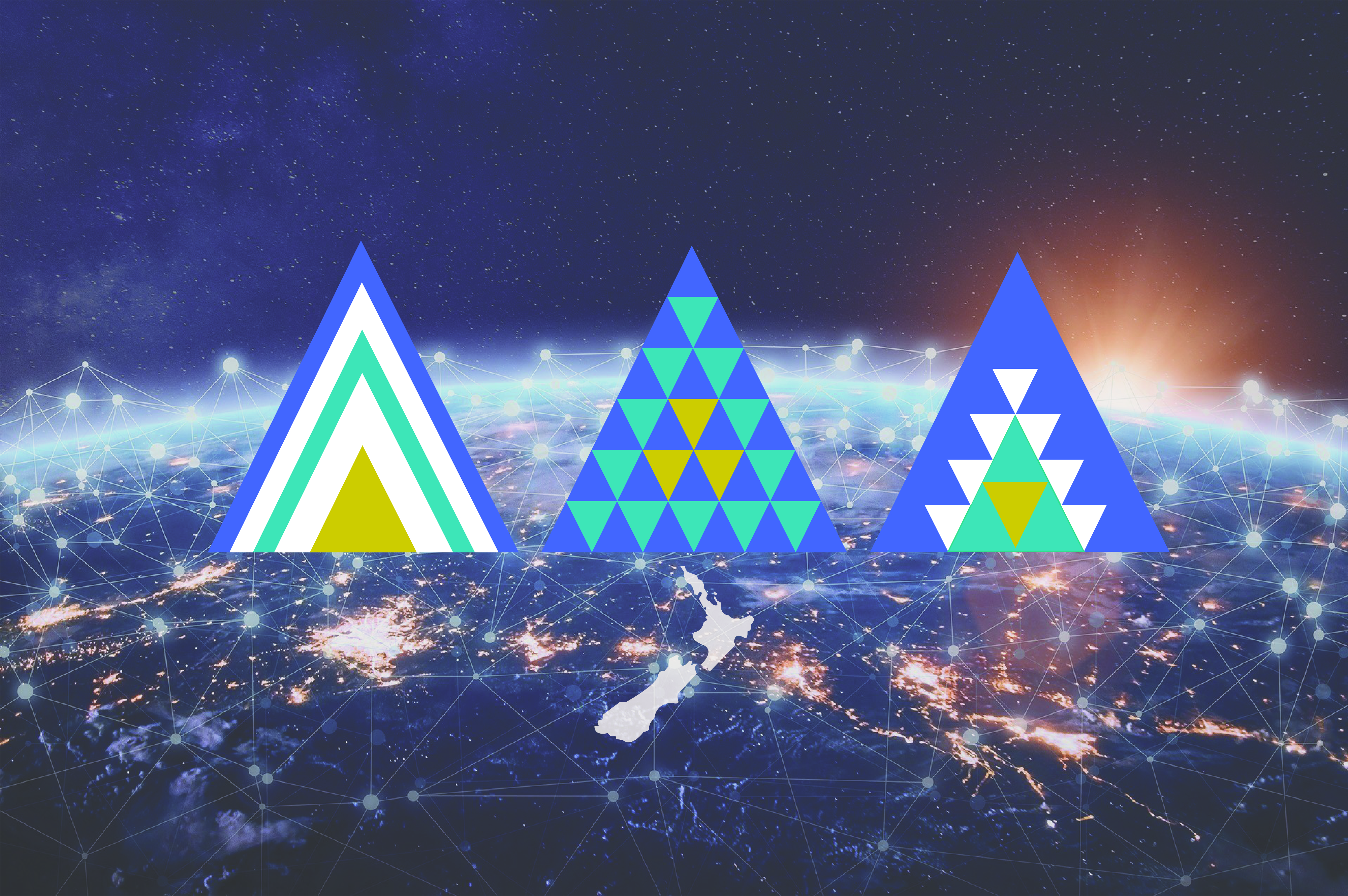
Discover more about the framework for GCED in Aotearoa New Zealand
Universities are pivotal in shaping global citizenship. Through research, academics create frameworks and pedagogical approaches to achieve the aims of GCED, which after all are ambitious and hard to achieve. Fostering values like cross-cultural understanding, empathy, and shared responsibility are eternal challenges.
GCED research brings together philosophies, the historical contexts, and contemporary challenges and boils them down to central concepts that we can rally around. A clear framework helps us to connect theory with practice, and the ideals of education with the realities of the world.
Theories translate into practice through the development of curricula, teaching methodologies, and educational materials. For several years, building these tools and connections has been the aim and passion of the CAPEs Education team, as we have strived for implementation and impact through partnership.

Find resources for Global Citizenship Education at teachapac.nz
Implementation and impact through partnership
The true impact of global citizenship education can only be achieved through implementation in partnership with stakeholders across all sectors. Because of the complexity, we need to get everyone involved: governments, educational institutions, NGOs, and businesses. Not only to harness their complementary strengths, but to accustom our learners to connections rather than silos.
It was heartening and inspiring to welcome such a diversity of partners to Step up to the World|Tū māia ki te Ao, our global citizenship education forum, in September 2023. The forum exemplified the partnership and diversity in GCED. About 400 people gathered in-person and online to share knowledge, build capacity, and co-create solutions. The two-day event showed GCED’s power to rally and connect otherwise separate efforts into a common ambition.
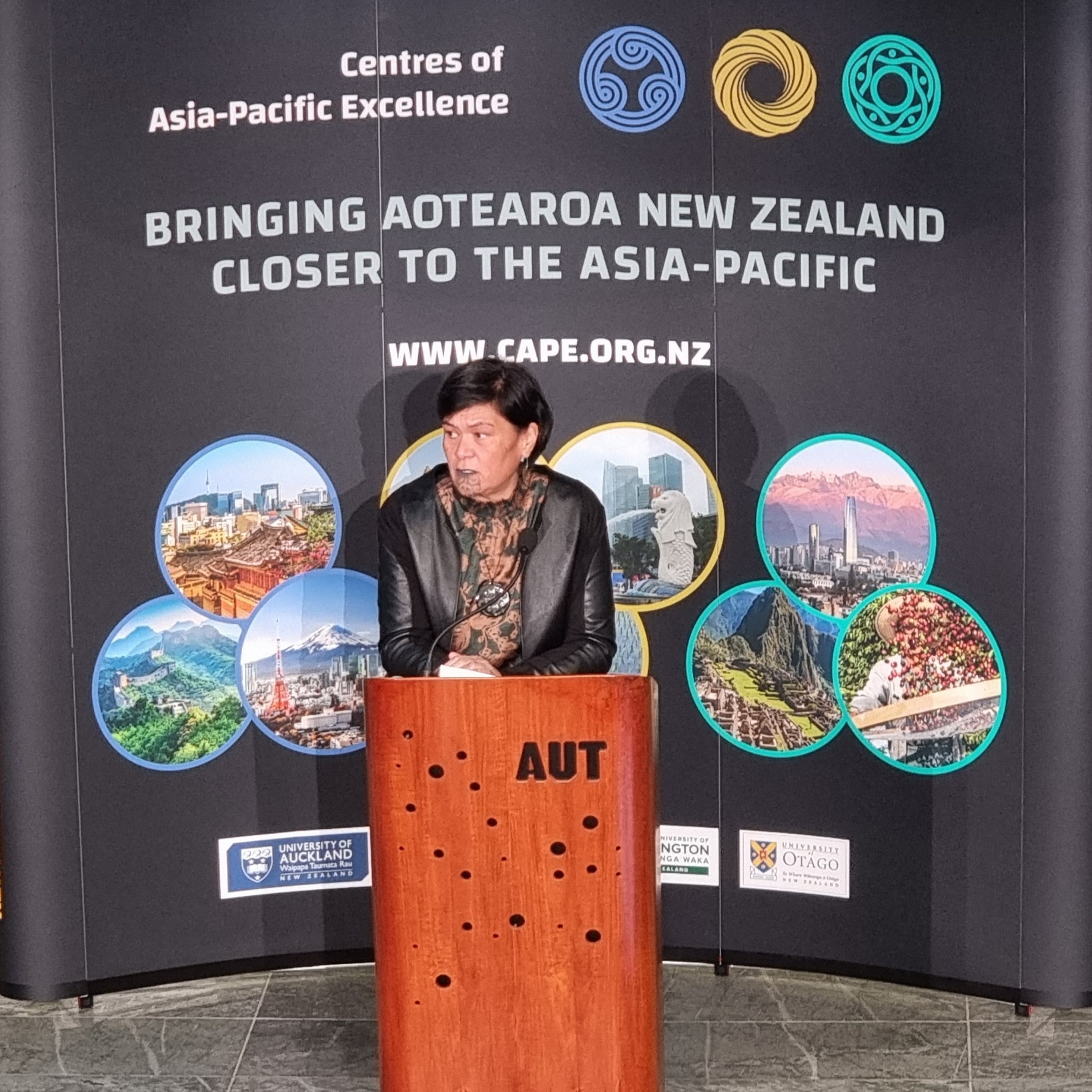
Find out more about Step up to the World|Tū māia ki te Ao
GCED also connects us to a strong international community. CAPEs Education has partnered with networks across the Asia-Pacific on GCED implementation. It is becoming a key tool in helping us achieve our international obligations, including the United Nations Sustainable Development Goals.
In Bangkok in June 2024, a Regional Policy Dialogue will launch UNESCO's “Recommendation on Education for Peace, Human Rights and Sustainable Development”. This is a global standard-setting instrument that lays out how education should be used to bring about lasting peace and foster human development. CAPEs Education has a lead role in the event, together with the New Zealand Centre for Global Studies (NZCGS). A similar event in New Zealand later in the year will report back and sustain momentum.
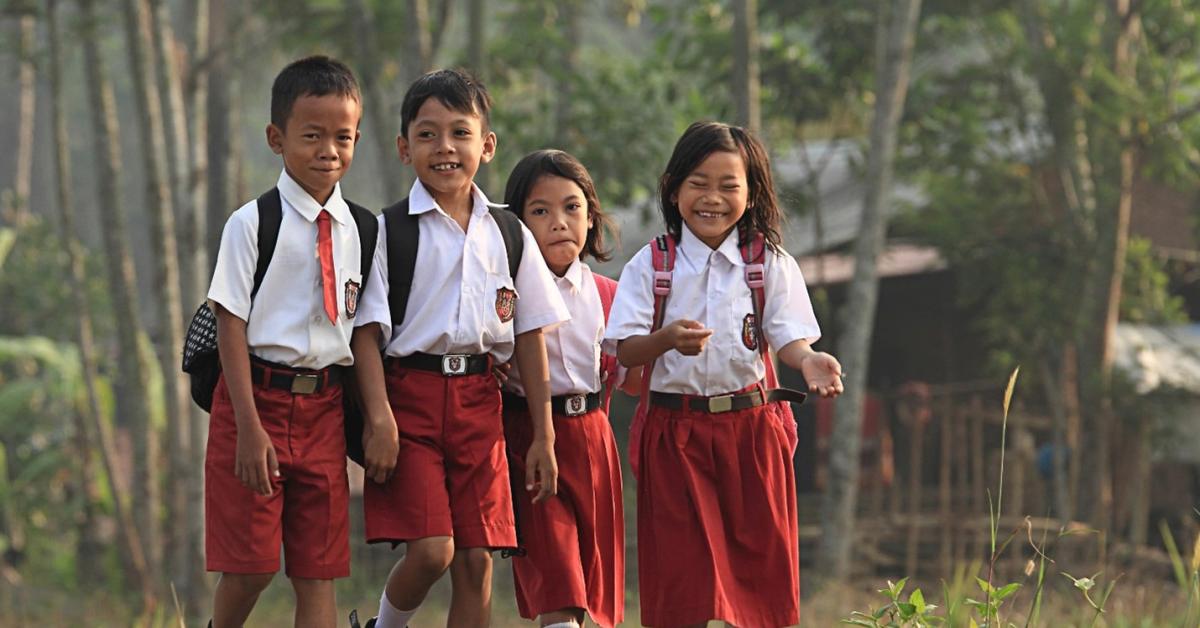
What’s next? Momentum, community, and the true basics
The CAPEs are approaching the end of their Government funding and will pass on the GCED baton in June 2024, but the momentum will continue. As well as creating education tools, we have gathered and forged a community, which can only flourish from here. The NZCGS is poised to help facilitate this community.
The movement for GCED is transformative and helps us to live well together and to work collaboratively towards a strong future. At its core, GCED emphasises fundamental values, such as empathy, compassion, respect, and responsibility. It encourages us to think outside of ourselves and beyond borders.
Education for global citizenship can seem complex and abstract, but maybe we can get better at the complex by getting back to the basics. In our digitally-driven society of virtual interaction, GCED reminds us of the significance of human connection, dialogue and understanding each other as the foundation for building trust and resolving conflicts.
By getting back to the basics of being decent human beings, GCED enhances our ability to engage and bridge divides by fostering empathy across cultures. Let us keep what we know really matters in sight, as we progress together in the Asia-Pacific.
* The views expressed in this article do not necessarily represent the views of the Centres of Asia-Pacific Excellence.

